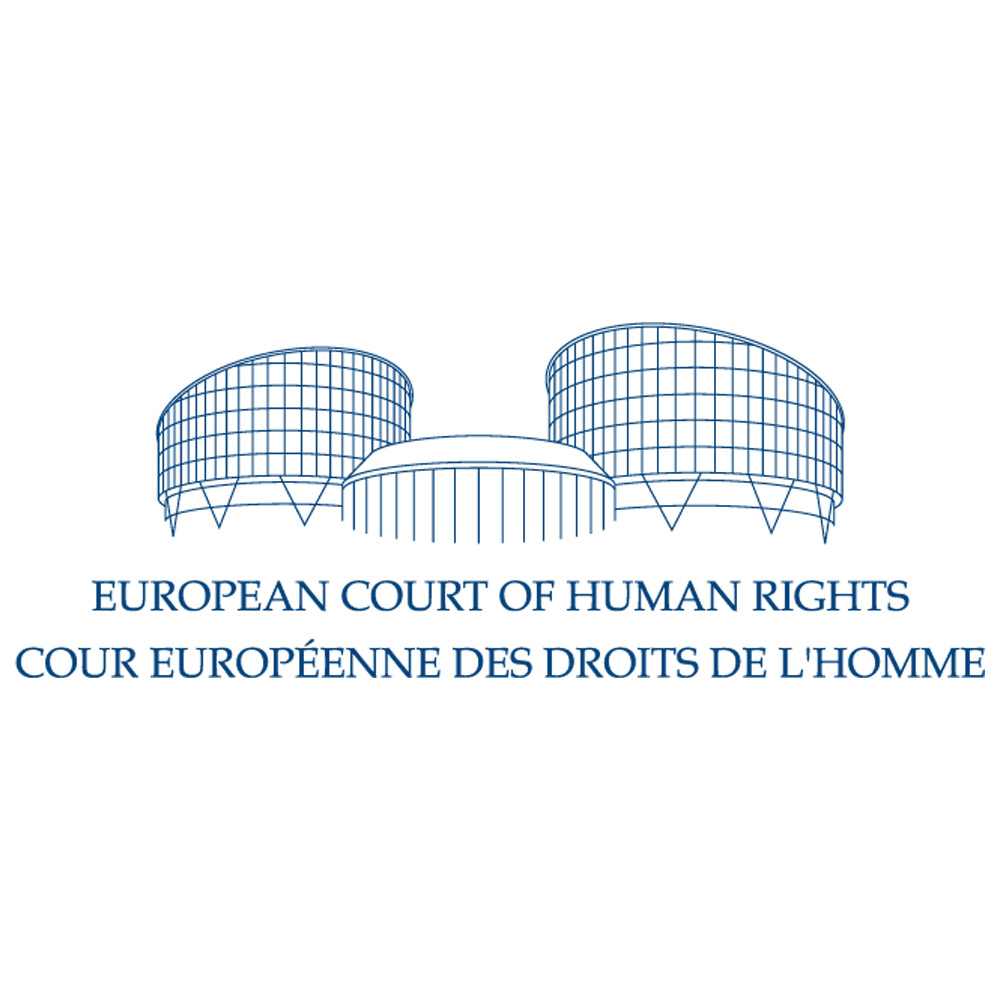A Blog Post by Professor Karen Morrow
The GHRRG has added its signature to the Coalition for the Right to a Clean, Healthy, and Sustainable Environment at the Council of Europe (the Coalition) letter calling on the Council of Europe (CoE) to adopt an additional protocol to the European Convention of Human Rights 1950 (ECHR) on the right to a clean, healthy and sustainable environment. The ECHR is the regional human rights document for Europe and applied to the 46 states making up the Council of Europe.
The Coalition draws support from a wide range of organizations, representing diverse sectors of civil society and numerous social movements, including trade unions, Indigenous Peoples organizations, gender-focused Non-Governmental Organisations (NGOs), youth networks, faith communities, academic institutions, and more.
Why now? New Momentum for the Adoption of An Environmental Right Under the ECHR
As the ECHR was adopted in the 1950s, before modern environmentalism emerged as a mainstream social and political concern, it is not surprising that it offers no explicit coverage for human rights concerns tied to environmental issues. However, from the 1990s onwards, reflecting mounting and sustained public concern in this area, individuals have raised numerous claims based on environmental concerns in the ECHR system.
To address this the European Court of Human Rights has deployed the ‘living instrument’ approach, to ensure that the application of the Convention keeps pace with social needs, by interpreting existing rights to allow claims to be addressed effectively wherever possible. For environment-based claims Article 8 (the right to respect for private and family life) in particular has played a prominent role in this regard, as the Court has consistently taken the view that environmental degradation can interfere with the individual’s exercise of their Convention rights. States have been held responsible both for their own activities and (more frequently) for failure to effectively regulate the actions of others. The Court’s approach has achieved a great deal – but it also has obvious limitations, not least in the inevitably haphazard coverage that it can offer, which depends on both the claims argued before the Court and on how far ‘interpretation’ can extend the application of Convention articles that were drafted to address other concerns.
Therefore, there have been longstanding calls to the CoE to take a more systematic approach by explicitly incorporating environmental human rights into the ECHR regime. The Parliamentary Assembly of the Council of Europe (PACE) has been particularly and consistently active in this regard since the late 1990s. Civil society too has long endorsed action to amend the Convention regime. Until now though these calls have consistently fallen on deaf ears.
So, Why Might Things Be Different Now?
Firstly, what the United Nations has named as the triple planetary crisis (climate change, pollution and biodiversity loss) is already interfering, with people’s human rights across the world. It will continue to do so for the lifespan of current young people and for future generations. Europe is no exception in this. The adverse impacts of environmental breakdown for human rights are many and varied, ranging from direct threats to, for example, life, physical and mental health, and food and water security, to indirect threats, for example, to culture and education. It is also widely understood that those who already suffer most from the effects of inequality are most vulnerable to these adverse impacts.
Secondly, there has been a sustained activity at a global level around the right to a clean, healthy and sustainable environment in recent years, culminating in its endorsement in a UN General Assembly resolution in July 2022. With the majority of CoE states endorsed the GA resolution. The CoE’s in its 2023 Reykjavik Declaration recognised the triple planetary crisis and committed to ‘strengthening our work on the human rights aspects of the environment … in line with United Nations General Assembly Resolution’ – but concerningly deems this to be a political rather than a legal task.
Europe has been out of step with other regional human rights law in its treatment of environment-based claims for decades, with, for example, the African Charter on Human and Peoples Rights and the Protocol of San Salvador to the American Convention on Human Rights having adopted environmental human rights in the 1980s. In light of recent developments on the global stage, the Coalition’s campaign is timely in highlighting the increasingly untenable CoE resistance to calls for an additional Protocol and insistence on limiting addressing these issues to the political realm.
Adopting new legal coverage for the right to a clean, healthy and sustainable environment in the ECHR would build on the valuable work that has already been done by the European Court of Human Rights in this area and allow gaps in coverage to be addressed. Just as significantly, it would also signal that CoE states is joining other regional human regimes and endorsing the global commitment to taking the human rights impact of the triple planetary crisis seriously. This is long overdue.



